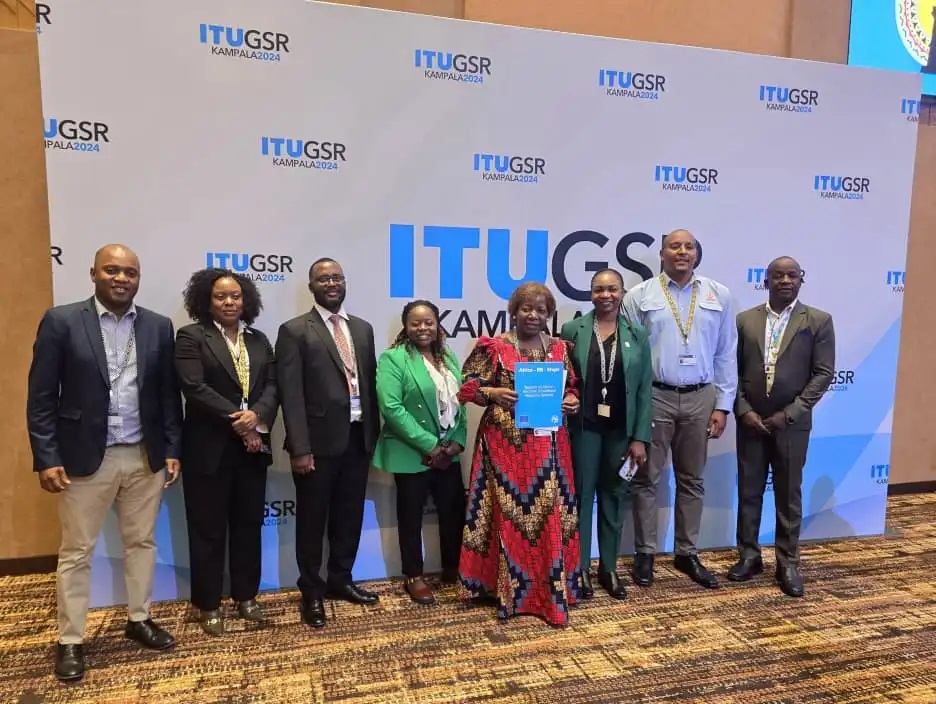The International Telecommunications Union (ITU), the United Nations specialized agency for information and communication technologies (ICTs), has announced a significant initiative aimed at bolstering digital transformation across Africa. Nigeria, along with 10 other African countries, has been selected to benefit from a €15 million broadband mapping project.
EU-Funded Project to Accelerate Broadband Expansion
This project, funded by the European Union (EU), is designed to accelerate the expansion of broadband connectivity across the continent. The ITU’s initiative will involve comprehensive mapping of existing broadband infrastructure, identifying gaps in coverage, and providing data-driven insights to guide future network deployments.
Nigeria: A Technological Hub with Untapped Potential
The selection of Nigeria as a beneficiary reflects the country’s growing importance as a technological hub in Africa. With a large and youthful population, Nigeria has immense potential for digital growth. However, significant challenges remain in terms of expanding broadband access, particularly in rural and underserved areas. The ITU’s initiative aims to address these challenges by providing crucial data to inform infrastructure investments and policy decisions.
Other Beneficiary Countries
The other African countries selected for this initiative include Benin, Burkina Faso, Cameroon, Côte d’Ivoire, Ghana, Guinea, Lesotho, Malawi, Senegal, and Uganda. These countries represent a diverse range of geographies and economies, highlighting the ITU’s commitment to inclusive and equitable digital development across the continent.
Key Benefits of the Broadband Mapping Project
Improved Infrastructure Planning: Detailed maps of existing broadband infrastructure will enable governments and service providers to identify areas with limited or no connectivity, facilitating targeted investments and infrastructure development.
Enhanced Policy Making: The data generated by the project will inform evidence-based policy decisions, ensuring that regulatory frameworks promote competition, affordability, and universal access to broadband services.
Increased Transparency: The availability of comprehensive broadband maps will promote transparency and accountability in the telecommunications sector, allowing stakeholders to monitor progress and identify areas for improvement.
Economic Growth and Social Development: Expanded broadband access is a key driver of economic growth and social development, enabling access to education, healthcare, e-commerce, and other essential services.
Bridging the Digital Divide
The ITU’s €15 million broadband mapping initiative is a significant step towards bridging the digital divide in Africa. By empowering governments, service providers, and communities with accurate and up-to-date information, the project will contribute to a more connected and prosperous future for the continent.



















Leave a Reply